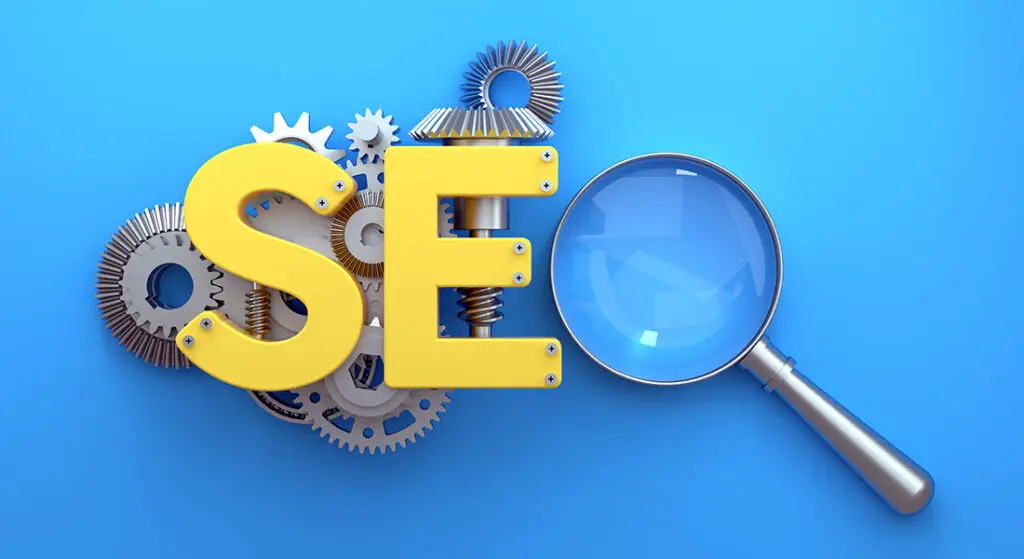Traditional SEO Dying as AI Chatbots Take Over: Businesses rush to master next frontier of online discovery
Obah Sylva
August 21, 2025

The age of traditional search engine optimization is collapsing, and the future belongs to AI-powered chatbots. As generative AI tools like ChatGPT, Claude, and Gemini become the first stop for millions of people seeking answers, the way businesses reach customers online is undergoing a seismic shift.
Evertune CEO Brian Stempeck believes consumers will soon rely entirely on AI models to research and make purchasing decisions, streamlining the buying process into a single conversation. This transformation is forcing companies to pivot from keyword-focused SEO strategies to mastering AI chatbot prompting, understanding exactly how to appear in AI-generated responses.
According to the National Bureau of Economic Research, by late 2024, 40% of U.S. adults will have used generative AI. Millions are already turning to these systems for advice on everything from travel and shopping to writing and fashion. David Azose, head of engineering for OpenAI’s business products, warns that this shift means “SEO as we know it will mostly
Startups are racing to fill the gap. New York-based Evertune, founded in early 2024 by ex-Trading Desk executives, helps brands track what AI models say about them. The company runs more than 100,000 prompts 10–20 times a month, far more than competitors, mapping the words most closely linked to a brand. With $15 million raised from Felicis Ventures and angel investors (including Azose), Evertune is betting big on a world where AI answers matter more than Google rankings.
Related Articles:
Stempeck stresses that the scale of these prompts is critical because AI model updates and user chat history can change answers dramatically. Unlike Google search, where results are consistent, AI responses vary with phrasing and context, meaning brands need millions of prompts a month to truly understand their AI presence.
Meanwhile, the AI industry is making bold moves. Perplexity, an AI-powered search engine, has made an unsolicited $34.5 billion bid to buy Google’s Chrome browser, following a U.S. court ruling that Google illegally maintained a monopoly in search. The startup has also launched its own browser, Comet, and even made a failed attempt to acquire TikTok.
In another shake-up, OpenAI has released GPT-5, a model that can build functional web apps from plain English descriptions and excels in science, math, and coding, though early reactions have been mixed. AI labs like Anthropic, Perplexity, and OpenAI are also poaching “quants” from Wall Street, luring them with lucrative offers to optimize massive datasets and improve AI models.
But the AI boom comes at a human cost. Once one of the most secure and high-paying jobs, software engineering is losing its shine as AI coding assistants take over tasks. Many new computer science graduates are struggling to land roles, with some resorting to non-tech job applications, and still being turned down.
Beyond tech, AI is transforming industries like biotech. Tahoe Therapeutics has raised $30 million to build a dataset of 100 million data points mapping how cancer cells respond to molecules, aiming to speed up the discovery of life-saving treatments.
Therefore, the internet’s gatekeepers are no longer traditional search engines, they are AI chatbots. Businesses that fail to adapt risk vanishing from the digital conversation entirely.
